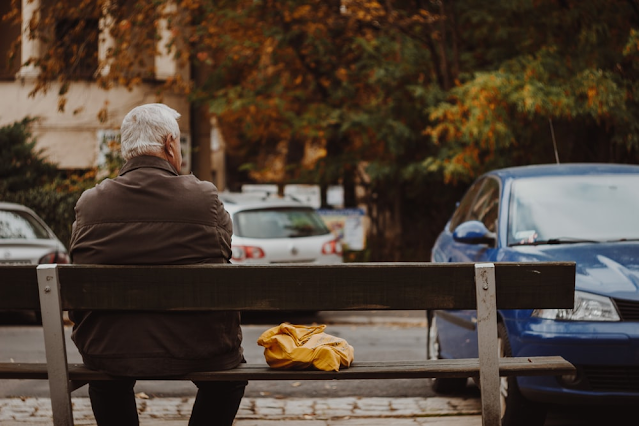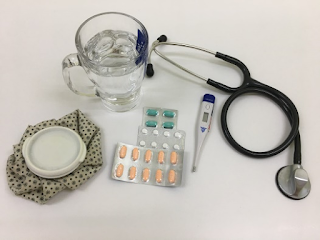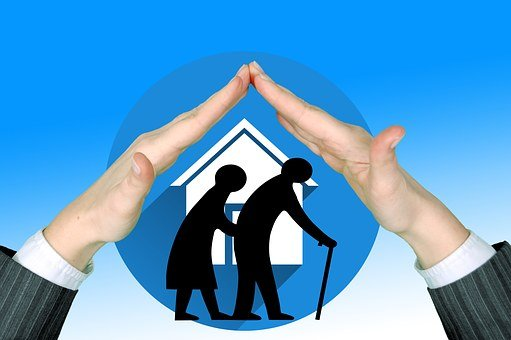All You Need to Know about Parkinson ’s Disease
Parkinson's disease, commonly known as PD is a neurodegenerative disorder that affects the dopamine-producing neurons inside the human body. The diseases was first described by James Parkinson in 1817 when he published a medical description with the title “An essay on shaking palsy.”
In this article, we’ll take a deeper look at Parkinson’s disease and tell you about its generation and progression.
Causes
Medical experts are still skeptical about the root causes of Parkinson’s. Studies have been conducted to detect the underlying and obvious health conditions, genetic mutations, and external factors that might account for the disease. Here are the two main causes associated with Parkinson’s and its development:
1. Genetics
Studies show that people with a family history of neurodegenerative disorders are around 10 to 15% more likely to develop PD. Scientists have discovered over a dozen types of genetic mutations in the genes of PD patients.
Moreover, some ethnic groups have been identified as the most common carriers of PD, while the exact cause of this remains unknown.
2. External Factors
Some cases of severe head injuries and exposure to pesticides are linked to the development of Parkinson’s. A combination of physical, environmental, and lifestyle influences may cause PD and also affect the disease’s intensity.
Symptoms of Parkinson’s
In the early stages, a person might suffer from memory issues, lightheadedness, or tremors, but with age, they might develop disability signs.
Though there’s been a remarkable progress and advancement in the medical treatments for PD, a definitive modifying therapy is still awaited. The ten most common symptoms of PD include:
· Tremor
· Trifling Handwriting
· Trouble Moving or Walking
Role of Caregivers
Fortunately, it’s possible for PD patients to have a good quality of life. All they need is timely, appropriate and expert care. With recommended therapy and regular checkups, patients can reduce the pace of disease progression.
Moreover, seniors suffering from PD can highly benefit from homecare services. Their ever-changing needs, symptoms, and medical requirements necessitate the presence of a well-trained caregiver. In the early stages of PD, health caregivers play a vital role in supporting, encouraging, and helping patients manage their symptoms.
As a person’s disease progresses into mid-stage, the caregiver’s work significantly intensifies. Fatigue and excessive daytime sleepiness require more attention and vigilance to prevent frustration, isolation, and mobility impairments.
Why Choose senOcare as the Senior Healthcare Provider for Elderly?
While best senior home care can’t be replaced with the care and comfort of living with a family, our trained caregivers can help you in various ways. From ensuring slip and fall prevention to assisting your seniors with personal needs and medicine management, we can do it all.
Our complete range of elder care services at home are available to people living across Delhi, Noida, Gurgaon, and many other locations. Contact us today for more information.




Comments
Post a Comment